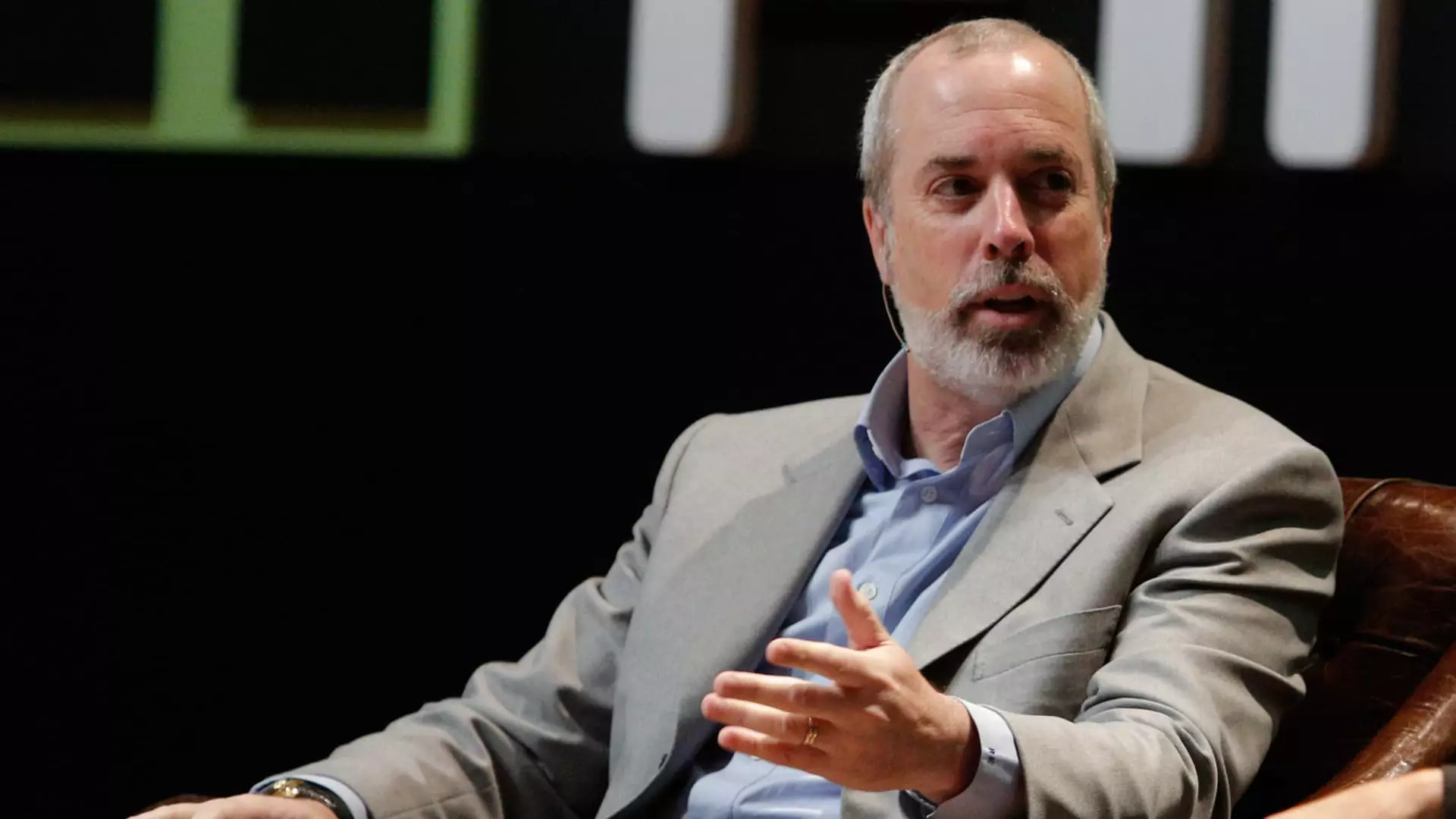In a world where money dictates much of our daily existence, Americans still falter gravely in financial literacy. Ric Edelman, a leading voice in personal finance, has bravely labeled our national attempts at promoting financial education as a massive failure. Unfortunately, he’s correct. This isn’t merely an issue of unengaged citizens; it reflects a systemic neglect of financial education essential for personal prosperity. Our country has a rich tradition of educational excellence, yet financial acumen remains glaringly absent from the curriculum. In an era where the average lifespan is extending, this ignorance becomes increasingly dangerous, paving the way for a generation ill-equipped to make informed financial decisions.
Living longer shouldn’t mean living poorer. Edelman’s emphasis on our society’s ignorance regarding smart financial practices is particularly dire when you consider the increasingly complex landscape of investment strategies. The outdated 60-40 portfolio strategy is just one example of methodologies that simply won’t suffice in a world that’s evolved from the one our parents knew. Beyond merely surviving, it’s time we prepare for a future of thriving through smart investment strategies.
Young Investors and Get-Rich-Quick Temptations
Much of the distress in financial education stems from the idea that wealth can be quick and painless. Young investors today are led astray by the seductive allure of “Get-Rich-Quick” schemes proliferated by social media platforms. The increasing popularity of risky investments, like options trading, often reflects a culture of instant gratification rather than long-term financial stability. Edelman aptly points out how these strategies more closely resemble gambling than investing, which is troubling in its implications.
As noted, nearly 50% of retail traders were dabbling in the options market last year—a staggering figure that indicates a collective leap into financial chaos. The irony isn’t lost here: while younger generations adeptly navigate technology and social media, they remain woefully unprepared to discern credible information from financial hype. Their financial education, often sourced from TikTok creators rather than financial experts, is a recipe for disaster.
A Corporatocracy of Complexity
Technology has revolutionized many aspects of our lives, but the finance sector seems to be using this opportunity to complicate consumer finance. Edelman’s claims that corporate America deliberately obfuscates financial products—making them complex and overpriced—paint a grim picture of capitalism run amok. A financial industry that benefits from consumer confusion rather than clarity puts an unshakable burden on those trying to make prudent choices. This lack of transparency offers a thrilling ride for deceitful marketers but leaves the average American lost and vulnerable.
Young investors, who should be empowered, often become victims of their own naiveté. Instead of getting fundamental mentorship in financial matters, they are bombarded with convoluted financial instruments. Empowerment comes not just from encouraging investment but also from demystifying the financial landscape that these youth are navigating.
The School of Hard Knocks
The truth is, many will encounter financial literacy not through formal education, but through costly mistakes—what Edelman poignantly calls the “school of hard knocks.” It’s disheartening to think that the only way many Americans learn about financial responsibility is through trial and error instead of structured guidance. Some progress, such as states becoming more active in incorporating personal finance into high school curriculums, is encouraging. Yet the current state of affairs is still woefully inadequate.
As of this year, only 27 out of 50 states require a personal finance course for high school graduation—a number that remains glaringly insufficient given the realities of today’s economy. While it’s a positive trend that more states are recognizing the importance of financial literacy, it’s essential to critique how slowly these changes are being implemented.
A Generation of Change?
There’s a flicker of hope in the current generation. Despite the myriad challenges they face, including student loan burdens and rising living costs, young Americans are exhibiting a growing desire for financial efficacy. Observing their parents’ lax approach to retirement planning serves as a sobering wake-up call, prompting many to forge a different path.
These trends underscore a paradox: despite facing financial pressures, today’s youth are motivated and eager to achieve financial success unlike any previous generation. Their drive to learn from the failures of their predecessors could mark a crucial turning point for financial literacy in America. As we move forward, it is imperative that society supports and nurtures this ambition, ensuring that the desire for fiscal prudence transforms into actionable learning and lasting knowledge.

